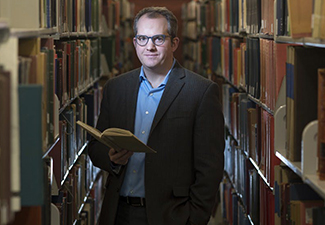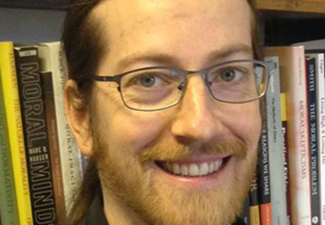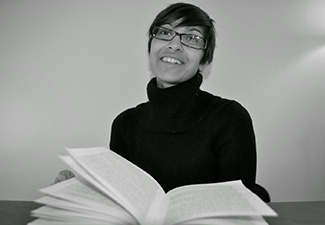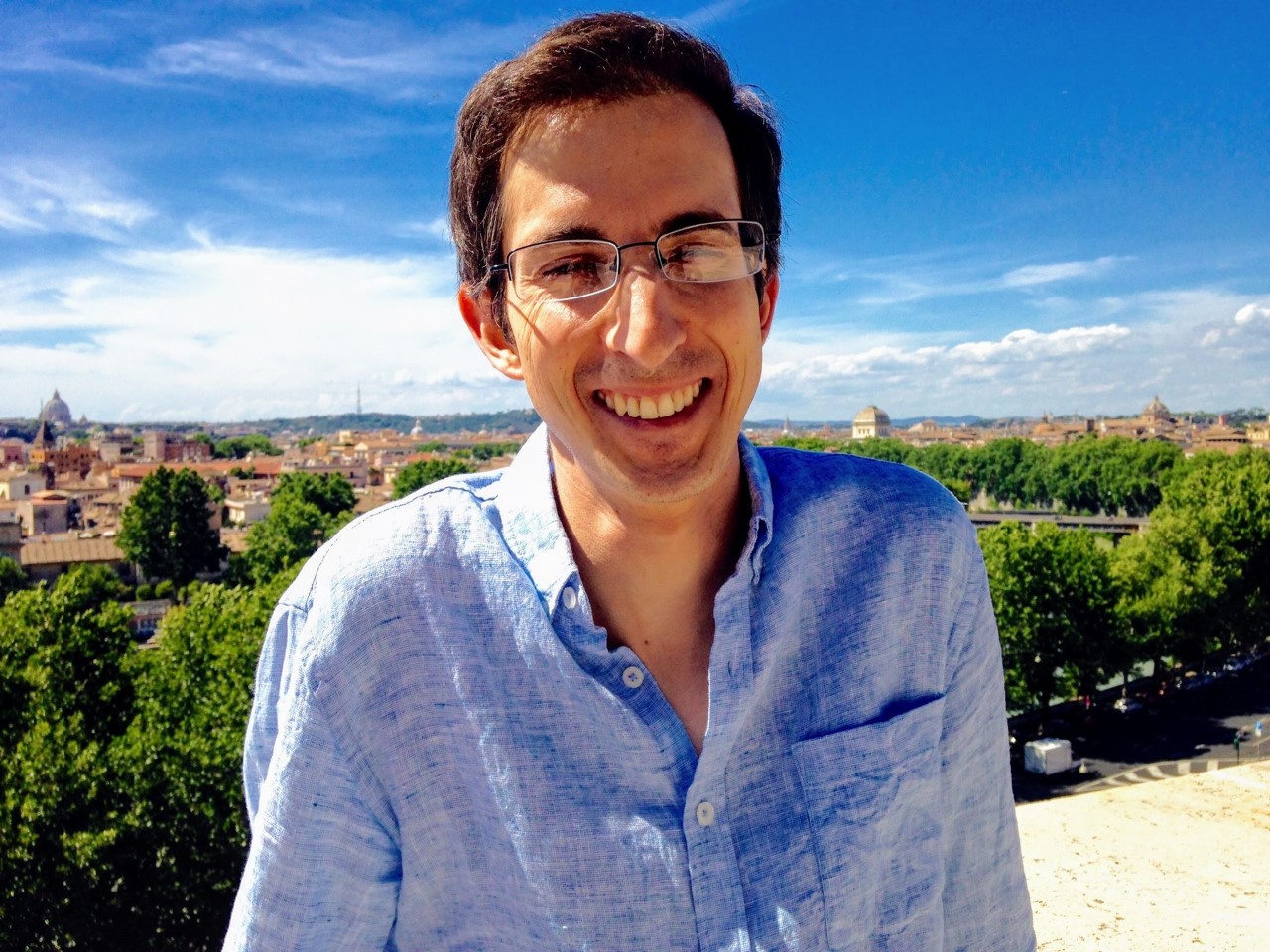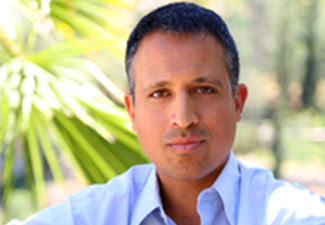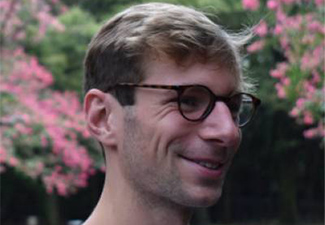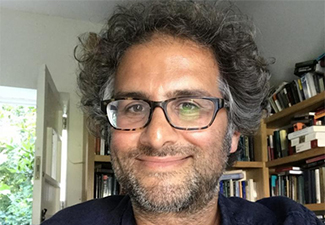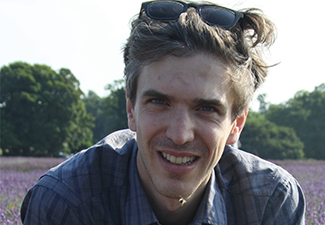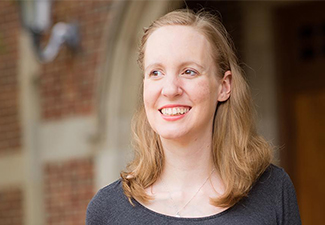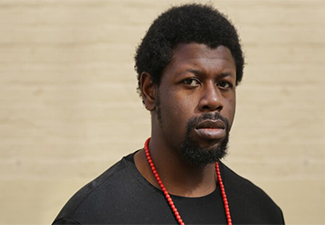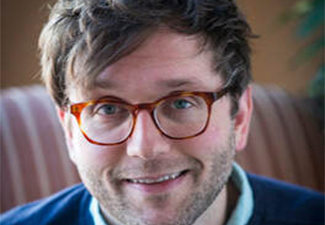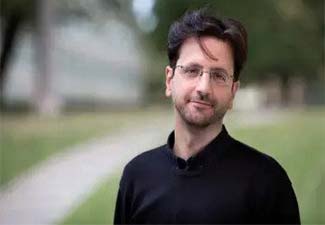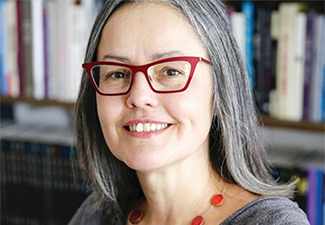Ethics and Political Philosophy Group Talk (Alex Guerrero, Rutgers)
OnlineAlex Guerrero is the Henry Rutgers Term Chair and an associate professor in the Department of Philosophy at Rutgers University. He also serves as the director of the Rutgers Summer Institute for Diversity in Philosophy. He has worked on a variety of topics in moral, legal, and political philosophy, as well as in epistemology, especially social epistemology. He has further interests in African philosophy, Latin American philosophy, and Native American philosophy.

